Every classroom teacher at BCCS formulates a deep hope for their students, designed to convey what they most desire for their students.
A few examples include: “My deep hope is that each child would know God’s lavish love for them in Jesus, and would spread that love to others using the unique gifts God has given them.” Another reads, “My deep hope for my students is that they would marvel at our Creator, serve Him joyfully, and use their God given gifts to be shining lights in this world.” Yet another teacher shares, “My deep hope for my students is that they will begin to understand God's deep love for them and be inspired to learn about God’s world and their place in His story.”
In a 2nd grade classroom, one hope reads, “Our deep hope is that our students discover their role in God’s wonderful rescue story and use their unique abilities to be joyful workers in His world.”
A key element of that hope mentions unique abilities, which refers to talents and skills God has given each of us. In order for students to gain an understanding of their own abilities, teachers designed a project where they created a visual showing segments of the brain.Students filled in the sections with their unique abilities. It helped show students that while we are all part of one community, God has created us all in a unique way in order to grow His kingdom.
After the projects, teachers challenged students. “Now that you’ve identified your unique abilities, how do you use them to impact our world for God?” If God has given us these gifts, He has also asked us to use them. Kids brainstormed a wide range of ideas. Some students were writers, so they wrote Get Well cards for a neighbor. Other students were good friends, so they watched for others on the playground that may be lonely. Still others used their math minds to explain difficult concepts to struggling learners.
Every child at BCCS is unique, and they all have many abilities. Our job is to help them discover those gifts and also provide opportunities to use them!




















